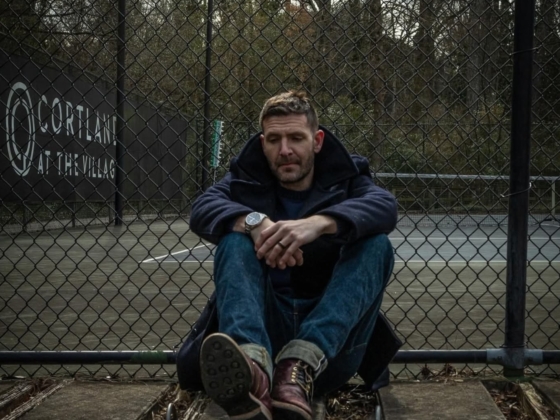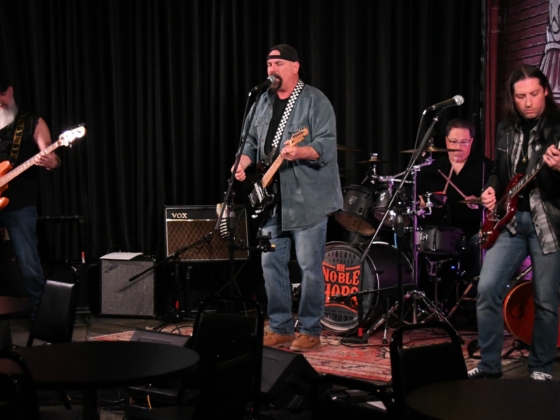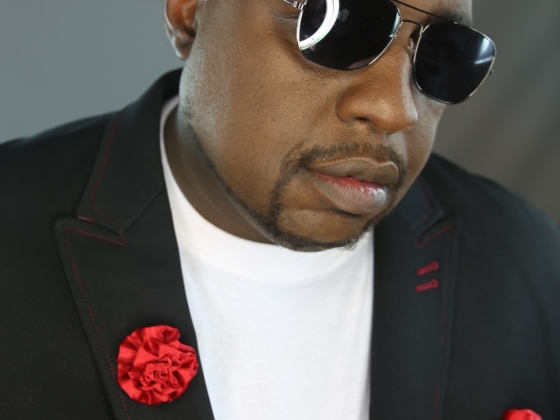Yas Akdag is back with her most personal work to date, following the release of her latest EP ‘Home, Anywhere’ premiere. Clocking in at just over 15 minutes, the five-track collection manages to feel both expansive and deeply rooted, offering an honest journey through identity, transition, and the ever-changing meaning of “home.”
Written and recorded in her senior year at NYU’s Clive Davis Institute and subsequent post-grad uncertainty, Home, Anywhere is more than a coming-of-age record. It’s a postcard from someone learning how to stand still in motion. Joined by a diverse array of guest musicians (including further production from Bobby Wooten and Caroline Meade, as well as performances from Sarah Goldstone of Lucy Dacus, Sombr's Sam Everett, and others), the EP has a lived-in, earthy glow that's rarely found in a debut project.
Notable highlights include the emotionally complex “Without You,” which seamlessly blends transparent guitar textures with sensitive, confessional vocals, and “White Picket Fence,” a longing, slow-burning standout that fades away like a daydream drifting between your fingers. The production is rich but never overpowering, leaving plenty of room for Yas’ lyrical vulnerability and subtle vocal delivery to slice to the heart.
Drawing quiet influence from genre-fluid outfits like The 1975 and crafting something entirely her own, Yas Akdag creates a world that encourages the listener to reflect, move, and rediscover themselves. "Home, Anywhere" dares to suggest that home is where we decide to sow meaning.
Connect with Yas Akdag: Instagram











